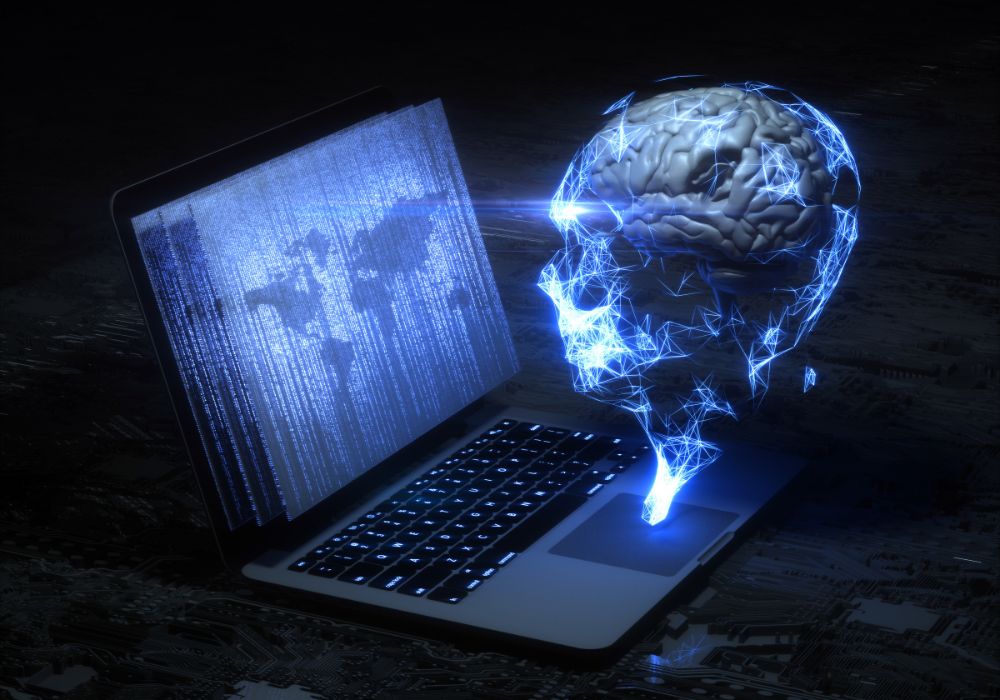Artificial Intelligence (AI) is undoubtedly one of the most transformative technologies of our time. It offers immense potential to revolutionize industries, enhance efficiency, and improve lives. However, alongside its myriad benefits, AI has a darker side that warrants careful consideration.
One significant concern surrounding AI is its potential impact on employment. As AI systems become increasingly sophisticated, there is a fear that automation will lead to job displacement across various sectors. Routine tasks that humans once performed can now be accomplished more efficiently and cost-effectively by AI algorithms, leading to layoffs and economic disruption.
Moreover, the rise of AI raises ethical dilemmas regarding privacy and data security. AI systems rely on vast amounts of data to learn and make predictions, raising concerns about the misuse of personal information and the erosion of privacy rights. Unauthorized access to sensitive data, biased algorithms, and the proliferation of surveillance technologies pose significant risks to individual freedoms and civil liberties.
Another dark aspect of AI is its potential for misuse in malicious activities. From cyberattacks orchestrated by AI-powered malware to the proliferation of deepfake videos that can spread misinformation and manipulate public opinion, the dark side of AI threatens to undermine trust in digital communication channels and destabilize societies.
Furthermore, AI exacerbates existing societal inequalities and biases. Biased training data or flawed algorithms can perpetuate discrimination and reinforce societal prejudices, leading to unfair outcomes in hiring, lending, and criminal justice. Without careful attention to bias mitigation and algorithmic transparency, AI has the potential to deepen social divisions and exacerbate systemic injustices.
The pursuit of AI also raises existential risks for humanity. Speculation about the potential emergence of superintelligent AI systems capable of surpassing human intelligence and autonomy raises profound questions about humanity’s future and the ethical implications of creating entities that could potentially outstrip human control.
Despite these challenges, addressing AI’s dark side is not insurmountable. It requires a concerted effort from policymakers, technologists, ethicists, and society as a whole to develop responsible AI frameworks, ensure transparency and accountability in AI systems, and mitigate the risks associated with their deployment.
In conclusion, while AI holds tremendous promise for advancing human progress, it also harbors significant risks and challenges that must be addressed. By acknowledging the dark side of AI and proactively addressing its ethical, societal, and existential implications, we can harness its transformative potential for the benefit of all humankind.



